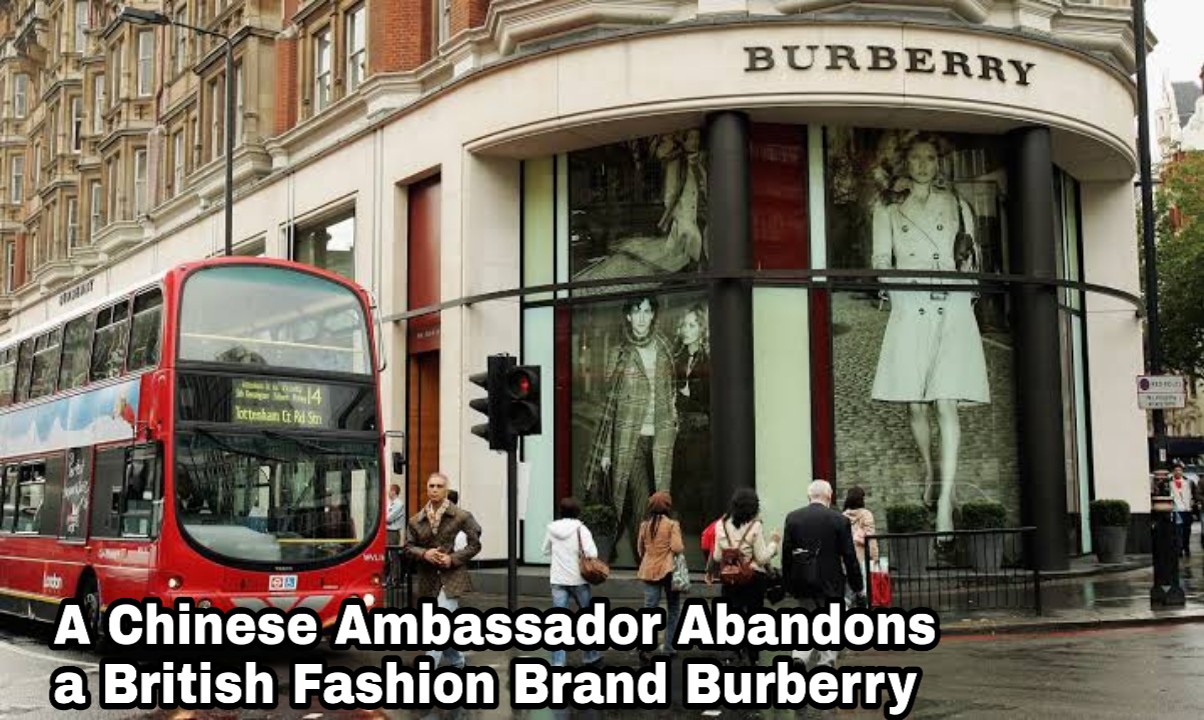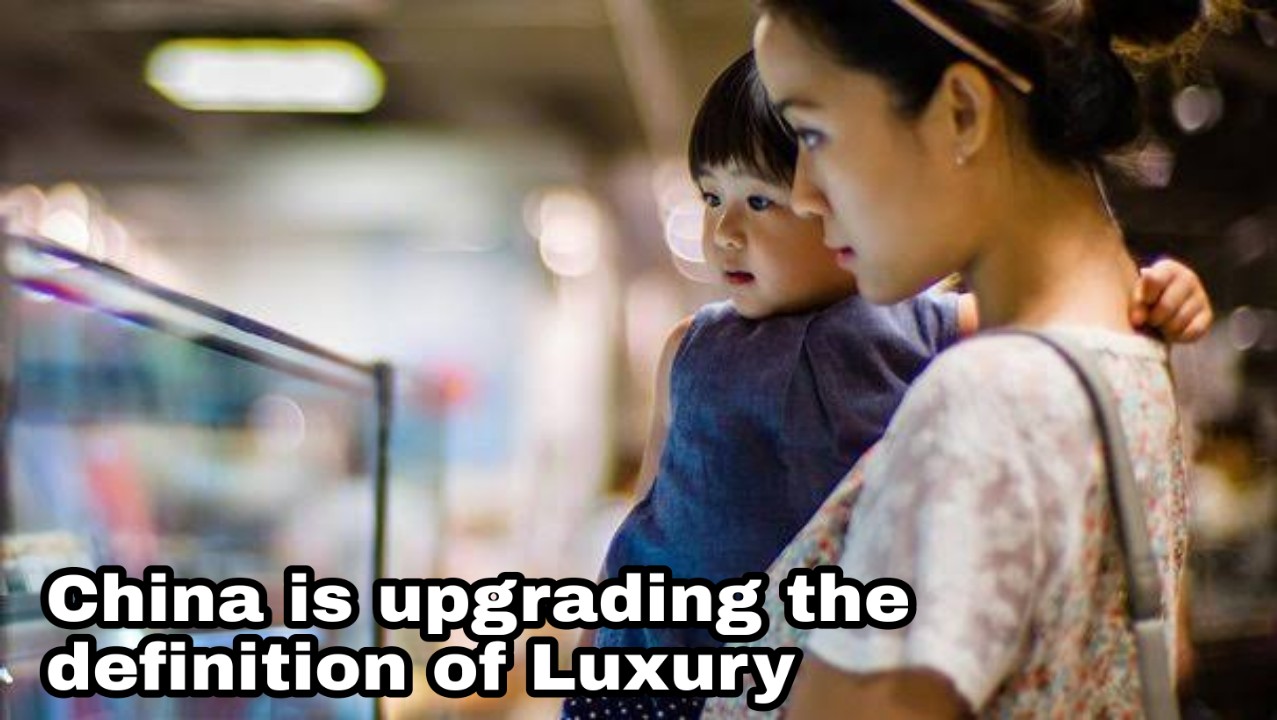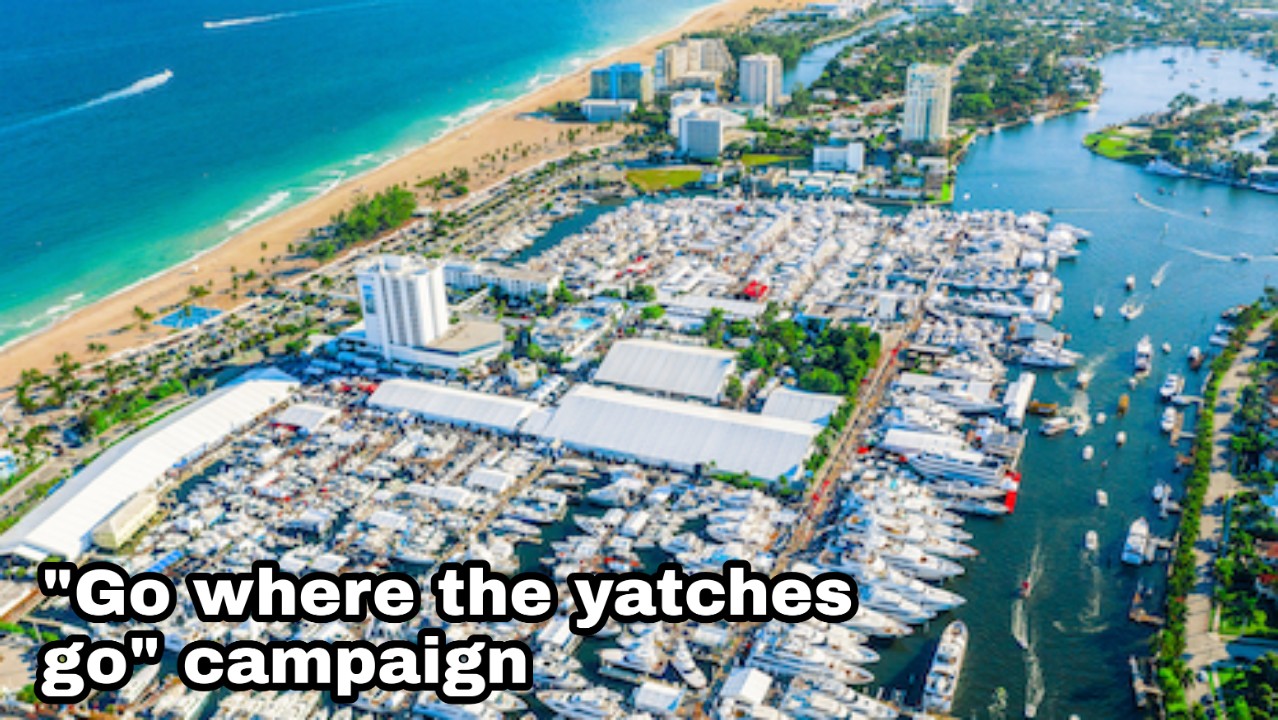Chinese Ambassador Abandons The Brits Fashion House Burberry

Burberry is a British luxury fashion house headquartered in London, England. It is involved in designing and distributing ready to wear including trench coats, leather goods, footwear, fashion accessories, eyewear, fragrances, and cosmetics. The Fashion house has stores in 59 countries and got total 421 locations worldwide. Also Read Top 10 Most Expensive Jackets in the World Tensions between British fashion house Burberry and China surged a lot after the Chinese government traded sanctions with the United Kingdom over accusations of human rights abuses in the Xinjiang region. The company's main fashion house focuses on ready-to-wear outerwear, trainers, fashion accessories, fragrances, sunglasses cosmetics. Burberry first sold online in the US, then in the UK in October 2006, and the rest of the EU in 2007. The British brand is a member of the Better Cotton Initiative, a group that promotes sustainable cotton production which said in October it was suspending its approval of cotton sourced from Xinjiang, citing human rights concerns. Activists and U.N. rights experts have accused China of using mass detainment, torture, forced labor, and sterilization on Uighurs in Xinjiang. China denies these claims and says its actions in the region are necessary to counter extremism. Between 2001 and 2005, Burberry became associated with chav and football hooligan culture. This change in the brand reputation was attributed to lower priced products, the escalation of forged goods adopting Burberry's trademark check pattern, and adoption by celebrities recognized with chav culture. The association with football hooliganism led to the wearing of Burberry check garments being banned at some venues. Burberry signed agreements with worldwide manufacturers to produce complementary products to the existing British collection such as suits, trousers, shirts, sportswear, accessories. These products, designed under the strict control of headquarters in London, were produced and distributed through independent retail stores worldwide as well as the Burberry stores, and contributed to the growth of the brand in sales and profits through to the late 90s, although the full extent of sales was not apparent in the parent company accounts since much was done through licensed agreements. Hong Kong lawmaker Regina Ip said she would boycott Burberry. “Burberry is one of my favorite brands. But I will stop buying Burberry products. I stand with my country in boycotting companies that spread lies about Xinjiang,” Ip wrote on her Twitter account. In February 2020 Burberry was forced to close 24 of its 64 Chinese mainland stores because of COVID-19. However, Recently in March 2021, Burberry became the first luxury brand to be targeted in China as part of the retaliation regarding sanctions against the alleged human rights abuses in Xinjiang. Brand ambassador and Actress Zhou Dongyu terminated her contract with Burberry.



.jpg)



.jpg)



